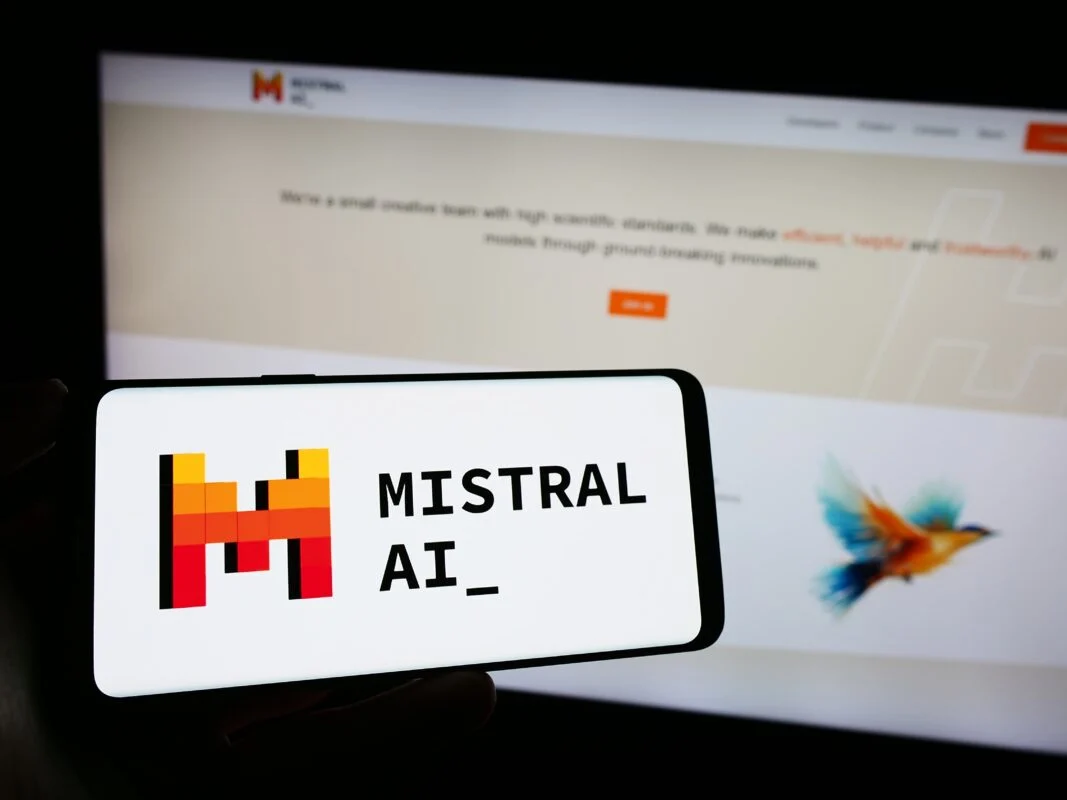
According to a new study by the Incogni Research Team, Mistral’s language model Le Chat just topped the leaderboard as the most privacy-respecting AI in the game. It didn’t just edge past the competition—it blew them out of the data-collection waters.
The study evaluated transparency, data usage, and user control. Le Chat stood out for doing what most AI platforms still fumble: putting the user first. It gives people actual control over how their data is used, including options to opt out of training. No fine print. No shady practices. Just clean, clear privacy boundaries.
And yes, this privacy-first mindset has a backstory: Europe’s strict GDPR rules are doing their job. Le Chat is the result of building AI under a framework that treats privacy as a right—not an afterthought. It’s a design choice, not a coincidence.
Meanwhile, tech giants across the pond—Google’s Gemini, Meta’s Meta.ai, and Microsoft’s Copilot—found themselves near the bottom of the ranking. The reason? Vague policies and a near-total absence of opt-out options for data collection. In the arms race for AI dominance, these companies may be advancing fast—but they’re dragging their feet when it comes to privacy.
Even OpenAI’s ChatGPT, which placed second, still raised eyebrows. While transparent about its policies, there’s concern about how much user data is still being absorbed into its training loop. It’s a good effort, but not quite there.
What this all adds up to is more than a ranking—it’s a signal. Users are no longer passive. They’re actively limiting what they share. They’re pushing back. And AI companies that don’t take privacy seriously risk losing trust—and traction.
Mistral is clearly paying attention. Alongside Le Chat, they’ve launched Magistral, a multilingual reasoning model built to handle complex tasks in European languages. It’s a strategic move: cutting-edge intelligence paired with uncompromising privacy.
So while American companies wrestle with patchy policies, Mistral’s quietly showing the world what a privacy-aligned, high-performance AI can look like. The pressure’s on—and this time, trust might just be the new killer feature.




